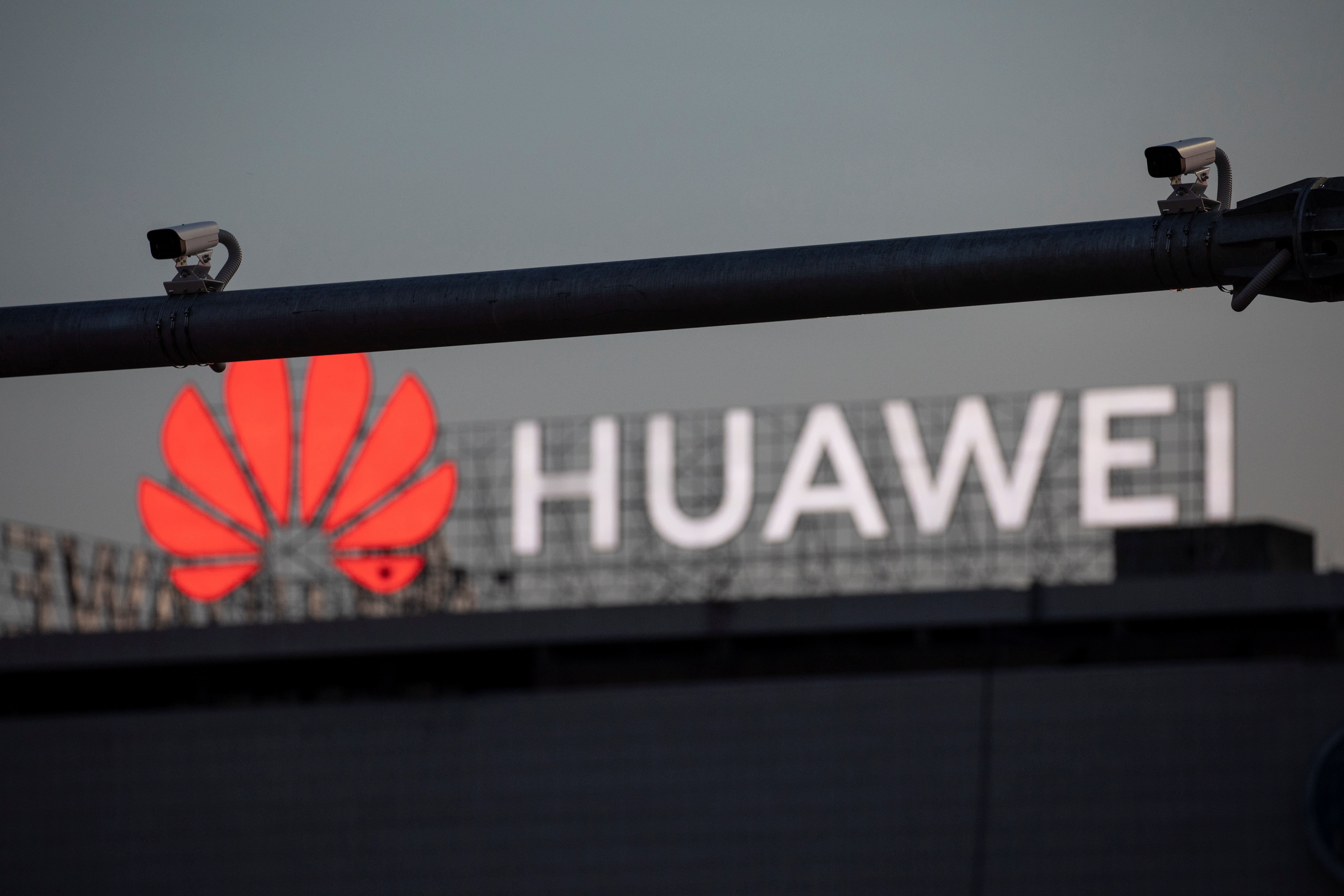By Laura Höflinger, Katrin Kuntz und Fritz Schaap

A week before Christmas, Canada had a gift for the world: a few million doses of the most coveted substance money can buy right now. The country is planning to donate surplus vaccine supplies to poorer nations that are at risk of being left empty-handed in the race to distribute the vaccine, a government representative said in a video call.
Attendees at the meeting included members of the World Health Organization, the vaccine alliance Gavi, the heads of three major pharmaceutical companies and health experts from around the world.
The mood was hopeful. Britain had just launched its vaccination program. The end of the pandemic seemed to be within reach.
Then a journalist asked if Canada, which has secured more vaccine per capita than any other country in the world, planned to deliver those doses immediately. Or would it first do so after a large percentage of Canadians have been immunized? At what point would the country be willing to give up some of its abundance of vaccine?
The representative paused. People have to understand, she said hesitantly, that we are experiencing extraordinary times. She didn’t want to commit herself to a timeline.
It sent a clear message, especially to poorer countries. And it contained two warnings. First: Wealthy nations like Canada are perfectly willing to share their vaccines, but on terms set by the rich. Second: Once again, it might not be the people who most urgently need a remedy who get it first, but rather those who are willing to pay the most for it.













